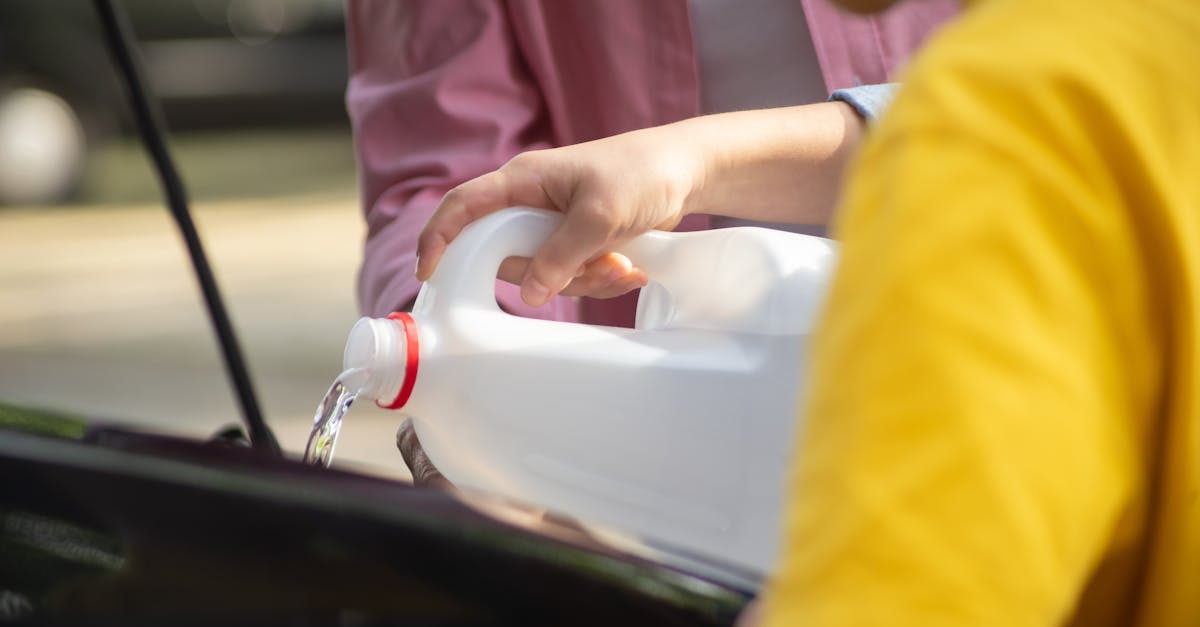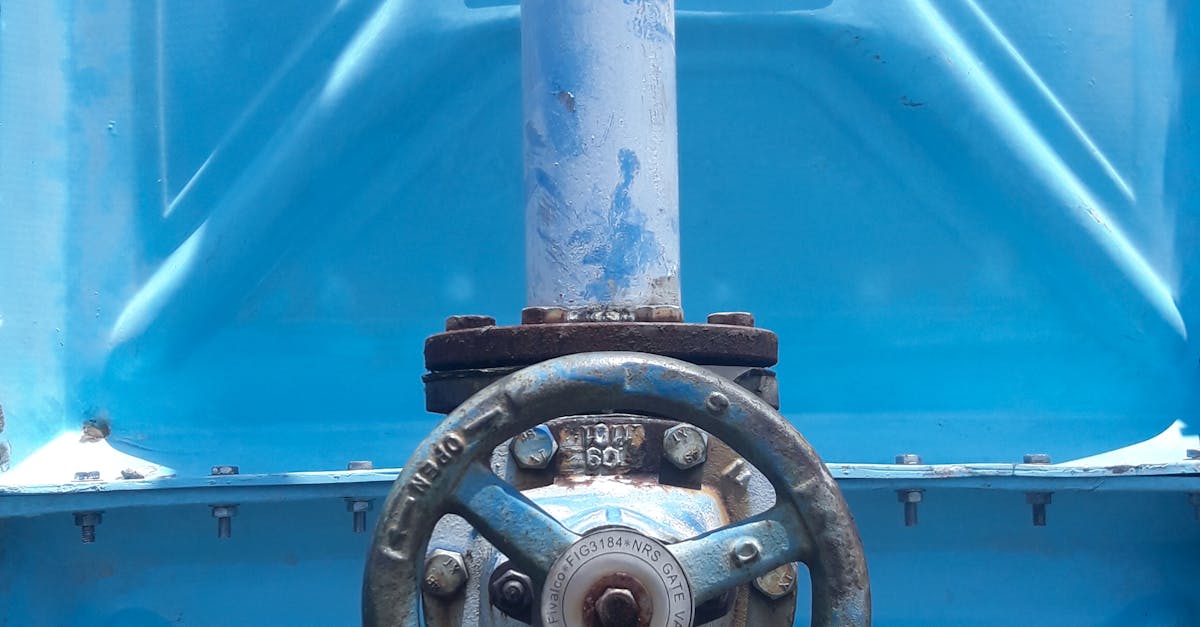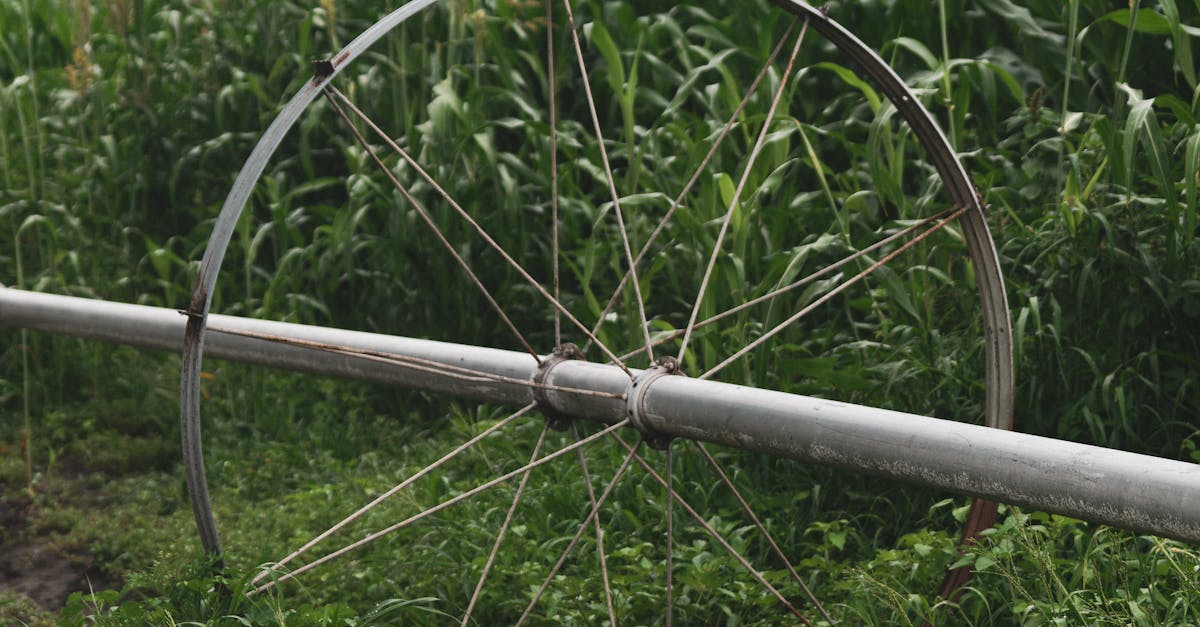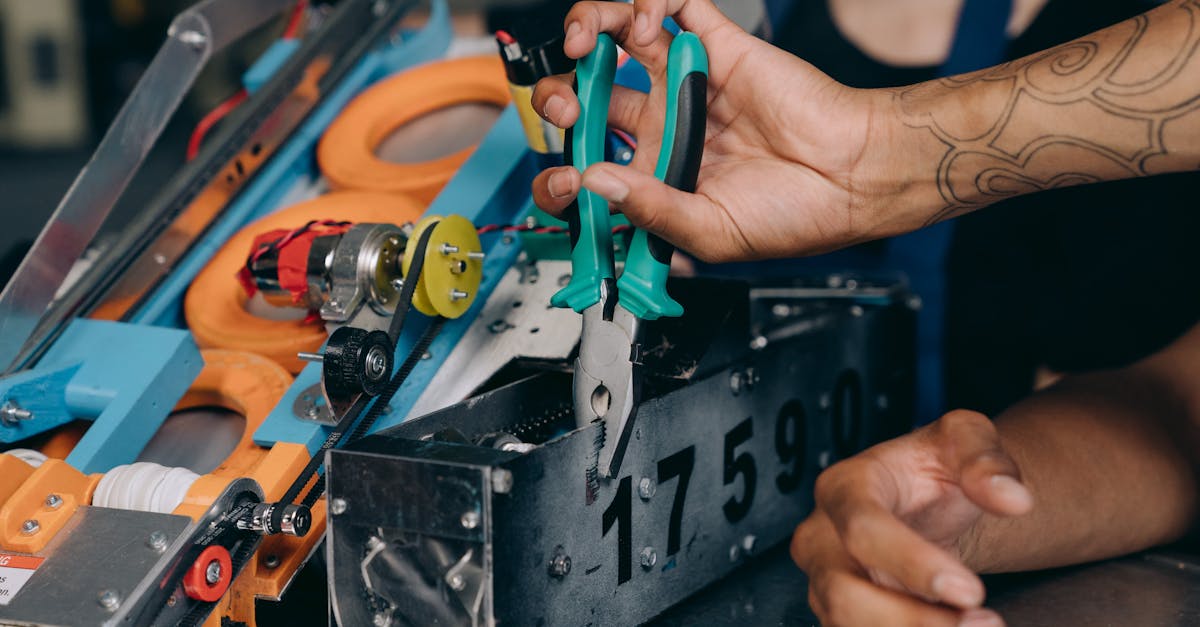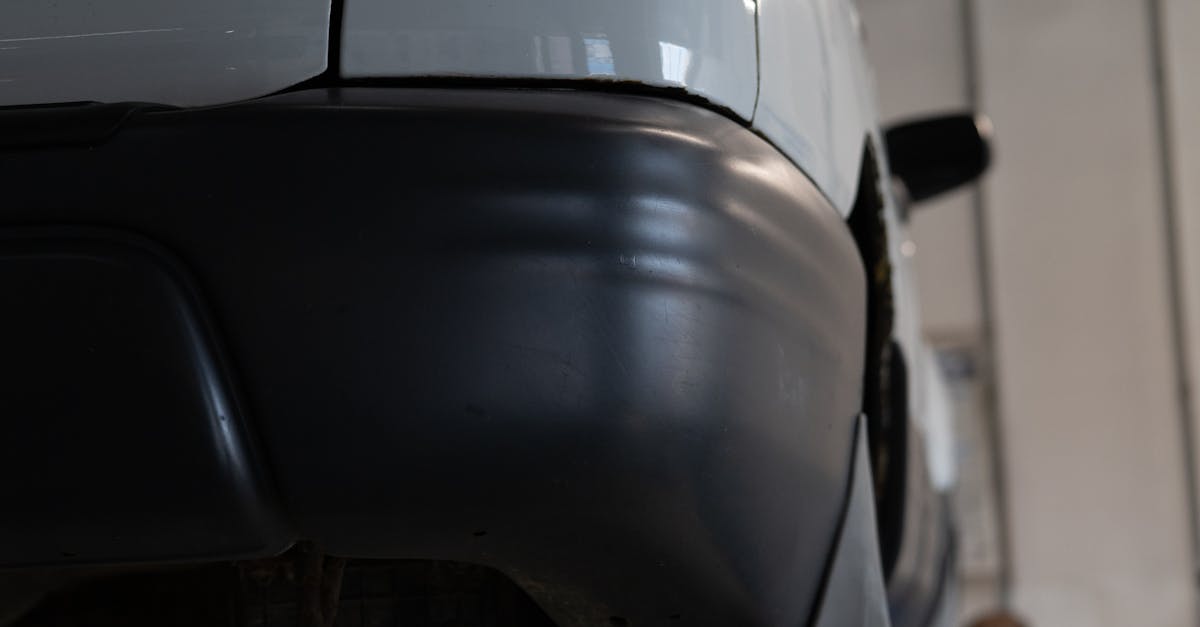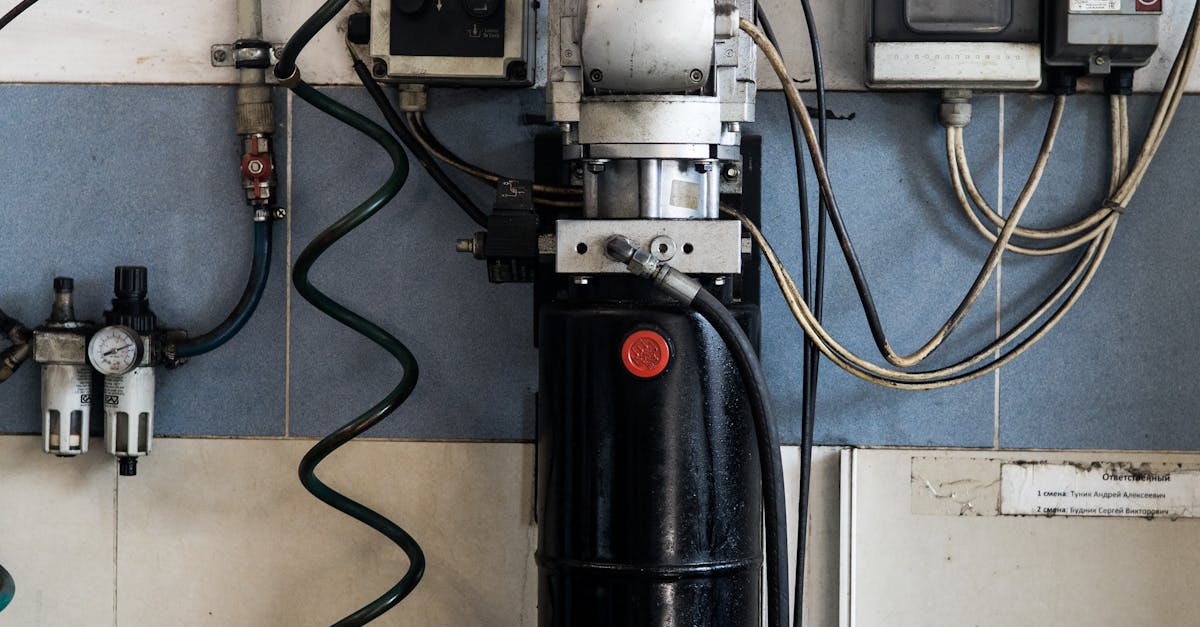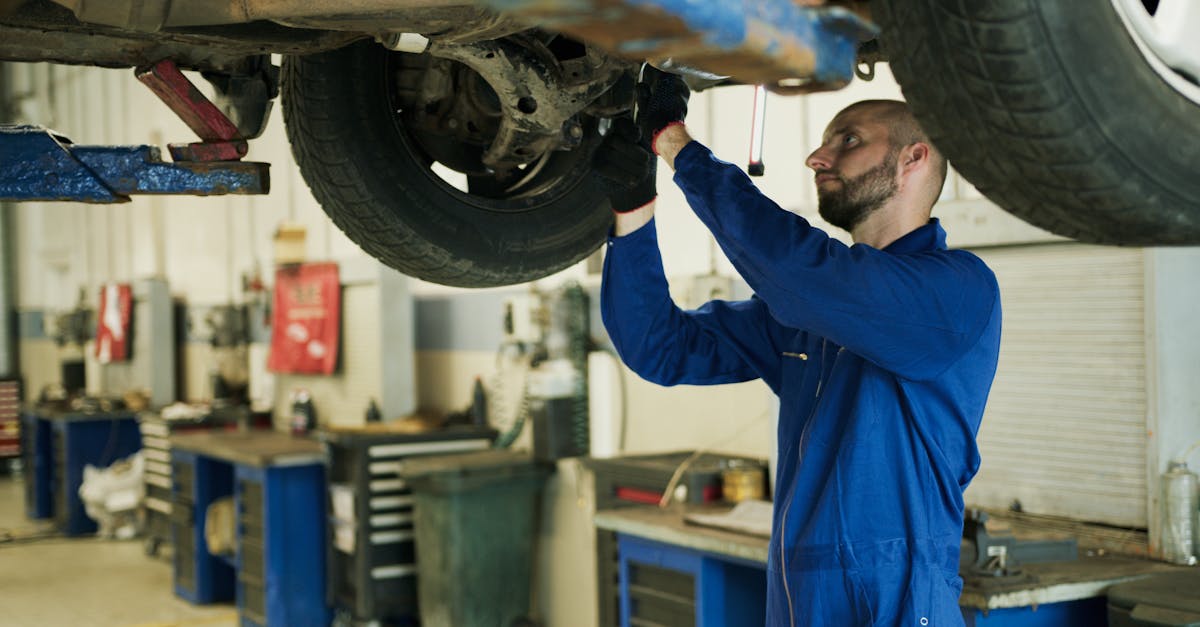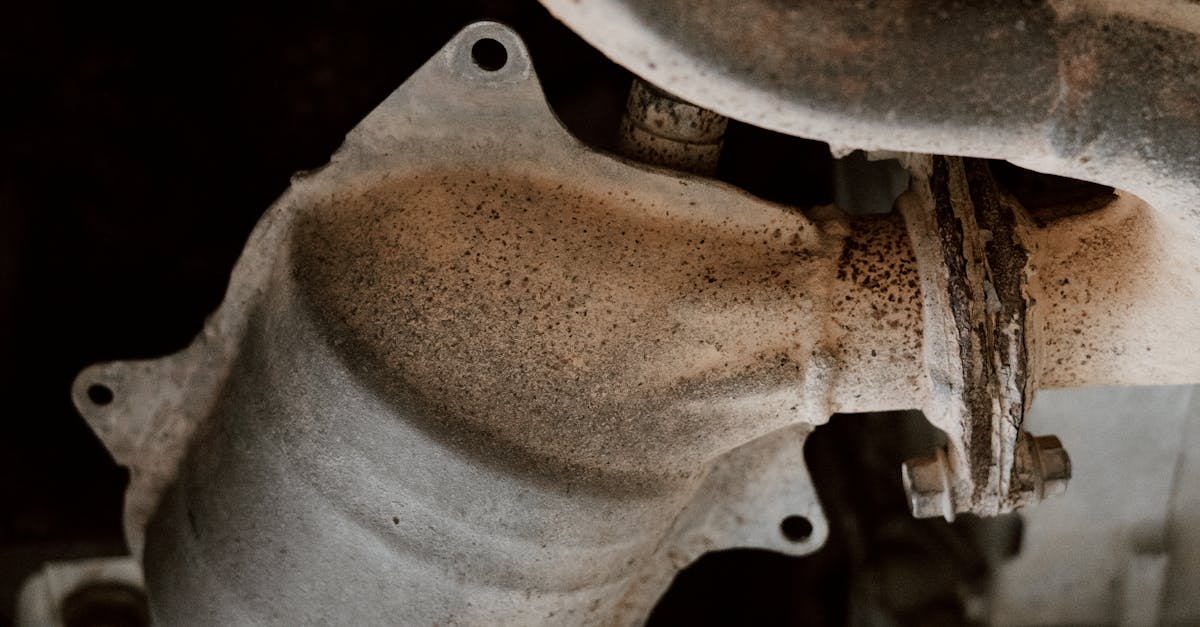
Table Of Contents
Professional vs. DIY Servicing
When it comes to servicing your hot water system, the decision between professional help and DIY methods can significantly impact performance and longevity. Professionals possess specialized training and tools that enhance their ability to identify and resolve issues effectively. They can conduct thorough inspections that prevent minor problems from escalating into costly repairs. Relying on their expertise can also ensure compliance with safety regulations and manufacturer guidelines, making it a reliable option for maintaining your system.
On the other hand, some homeowners may prefer a DIY approach. Simple maintenance tasks such as checking the pressure relief valve or flushing the tank can often be handled independently. This can save money on service costs while providing a sense of accomplishment. However, for more complicated tasks or if the system shows signs of distress, it’s crucial to recognize when expert intervention is necessary. Avoiding a professional assessment may lead to neglected hot water system repair, ultimately resulting in larger issues down the line.
When to Call a Professional
Recognizing when to call a professional for your hot water system can save you time and prevent costly issues. If you notice persistent issues such as fluctuating water temperatures, strange noises, or irregular water pressure, it is crucial to seek expert help. These symptoms could indicate deeper underlying problems that require specialized tools and knowledge to diagnose and fix. Attempting DIY repairs in such cases might only exacerbate the situation.
Additionally, if you experience signs of leaks or rust around the unit, immediate professional assistance is warranted. Hot water system repair is not just about fixing current problems; it's also about ensuring the longevity and efficiency of your system. Regular inspections by qualified technicians can help identify potential issues before they escalate into significant repairs, providing peace of mind and a reliable hot water supply for your household.
Costs Involved in Hot Water System Servicing
The costs associated with servicing a hot water system can vary based on several factors. Generally, homeowners can expect to pay for routine maintenance, which may involve flushing the system, checking for leaks, inspecting safety valves, and ensuring proper insulation. These services are usually more affordable than extensive repairs but should not be overlooked since preventative maintenance can help avoid larger expenses down the line. The costs can also increase if issues are discovered during servicing, potentially leading to hot water system repair.
In addition to basic servicing costs, it is essential to consider the price of any replacement parts. Aging systems may require new components to operate effectively, and these costs can add up. Labor rates for professionals may vary, depending on geographic location and the complexity of the job. Budgeting for regular maintenance and potential hot water system repair ensures that homeowners can address issues proactively, maintaining efficiency and prolonging the life of their system.
Budgeting for Regular Maintenance
Regular maintenance of your hot water system is essential, and budgeting for this should be a priority for homeowners. Setting aside funds specifically for servicing can help prevent unexpected expenses down the line. Maintenance tasks such as flushing the tank, inspecting the heating elements, and checking the pressure relief valve can extend the life of your unit. When budgeting, it’s important to consider that neglecting regular care may lead to costly hot water system repair when problems arise.
It's wise to research average costs in your area for both professional services and DIY supplies if you opt to tackle minor maintenance yourself. Knowing what routine servicing entails will offer an idea of the financial commitment required. An annual service may cost a few hundred dollars, while emergency repairs can escalate quickly if a system fails unexpectedly. By allocating a portion of your budget for ongoing care, you can maintain your hot water system more effectively and avoid substantial repair bills later.
Seasonal Considerations for Servicing
Seasonal changes can significantly impact the efficiency and performance of your hot water system. During colder months, these systems often experience increased demand as homeowners seek to maintain comfortable indoor temperatures. Regular servicing prior to winter can help identify any potential issues, ensuring that the system operates efficiently throughout the cold season. Delaying maintenance may lead to unexpected breakdowns, resulting in costly hot water system repair.
Conversely, summer months can also affect system performance, particularly in areas where high temperatures influence groundwater heating. Ensuring that your hot water system remains adequately insulated can minimize energy loss. Scheduling a service during the transition between seasons allows for an optimal evaluation, preparing the system for the changes to come. Addressing any required hot water system repair proactively can save time and money in the long run.
How Weather Affects Hot Water System Performance
Weather plays a significant role in the performance of hot water systems. In colder climates, the demand for hot water increases, which may lead to more frequent strain on the system. Lower temperatures can also affect the efficiency of the unit, potentially causing it to work harder to maintain desired temperatures. This added pressure may result in the need for more regular maintenance or even hot water system repair to ensure it continues to operate effectively.
Conversely, in warmer climates, hot water usage may decline, but issues can still arise due to heat-related wear and tear. Extreme heat can lead to higher evaporation rates in storage tanks, which can compromise the system's overall efficiency. Homeowners are advised to remain vigilant during both extremes of weather, ensuring their hot water systems are well-maintained to avoid potential hot water system repair costs that could arise from neglect.
FAQS
How often should I service my hot water system?
It is generally recommended to service your hot water system at least once a year to ensure optimal performance and efficiency.
What are the signs that my hot water system needs servicing?
Signs that your hot water system may need servicing include inconsistent water temperature, unusual noises, leaks, or a decrease in water pressure.
Can I perform maintenance on my hot water system myself?
Yes, homeowners can perform basic maintenance tasks, such as checking the pressure relief valve and flushing the tank. However, for comprehensive servicing, it's best to consult a professional.
What are the potential costs of servicing a hot water system?
The costs of servicing a hot water system can vary widely, typically ranging from $100 to $300, depending on the system type, the extent of the service required, and local labor rates.
How does seasonal weather affect my hot water system's performance?
Extreme temperatures can impact your hot water system's efficiency. For instance, colder weather can cause the system to work harder to maintain water temperature, which may require more frequent servicing during winter months.


